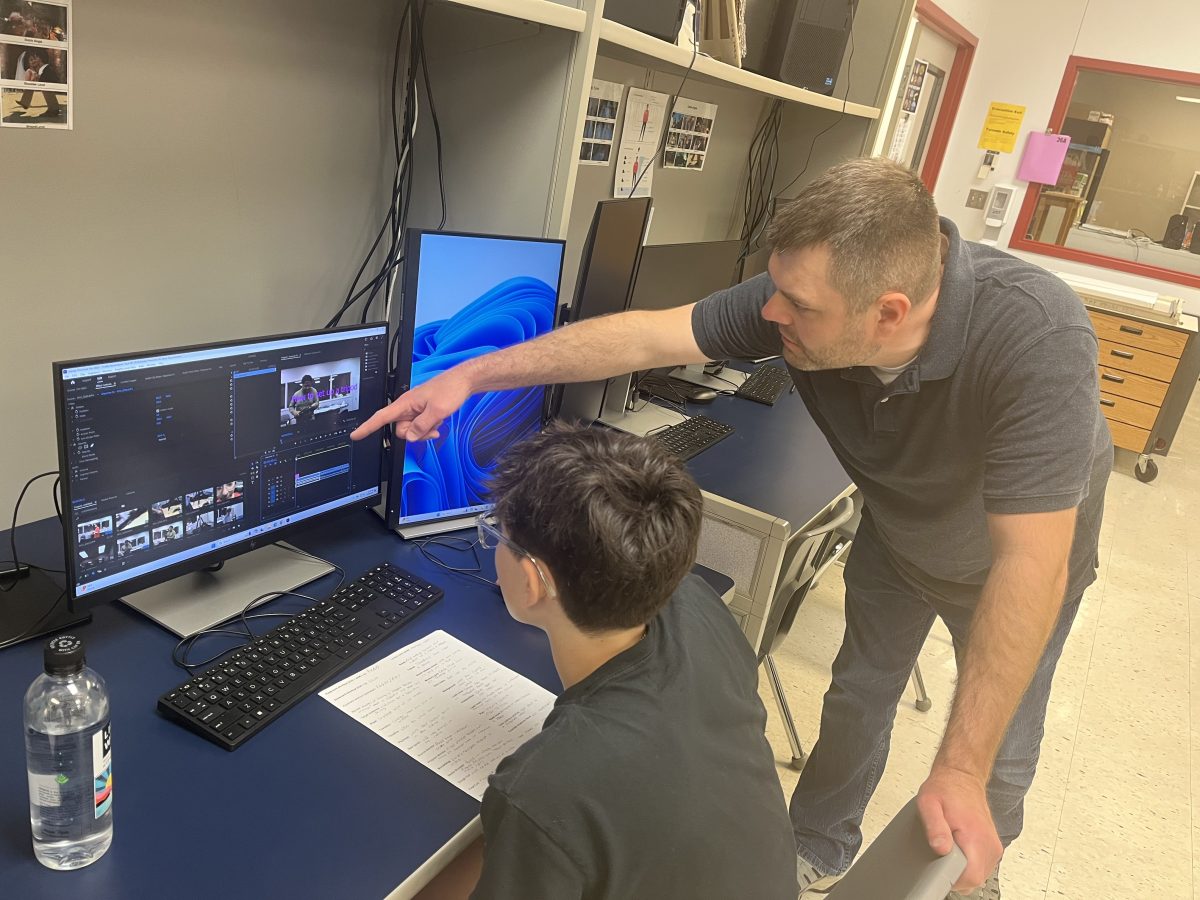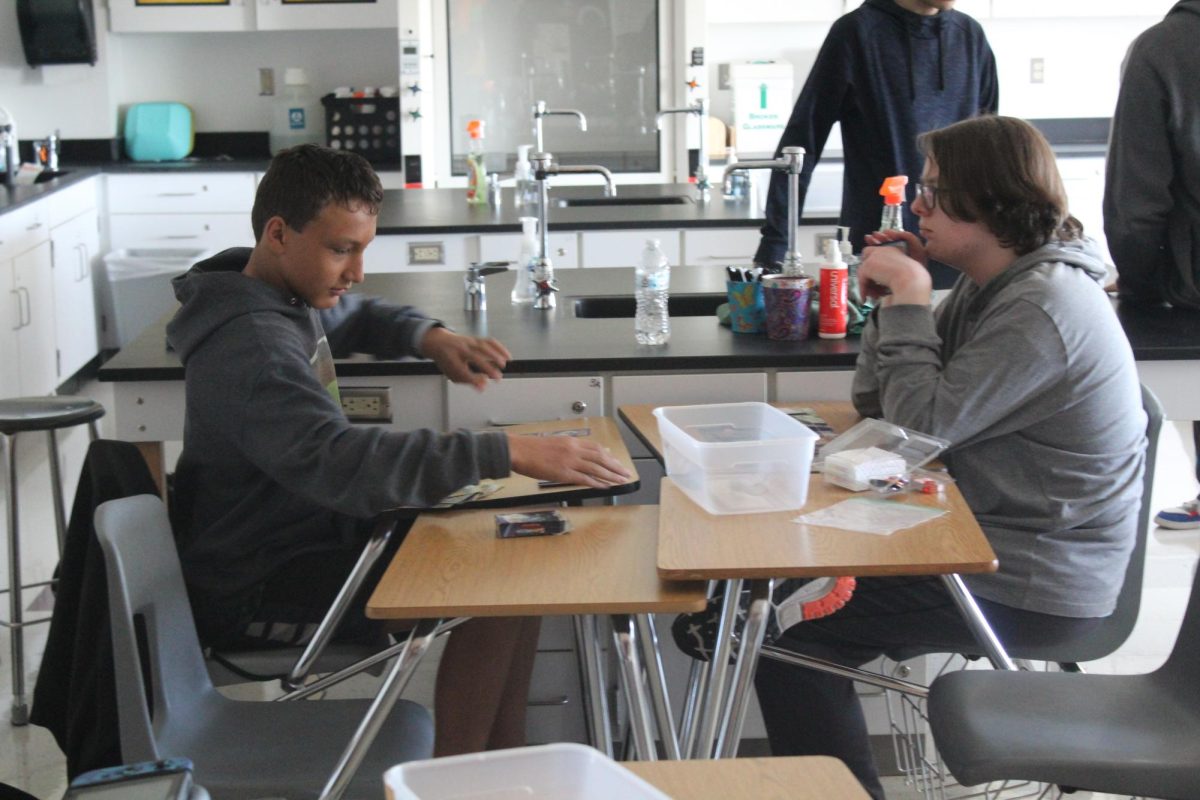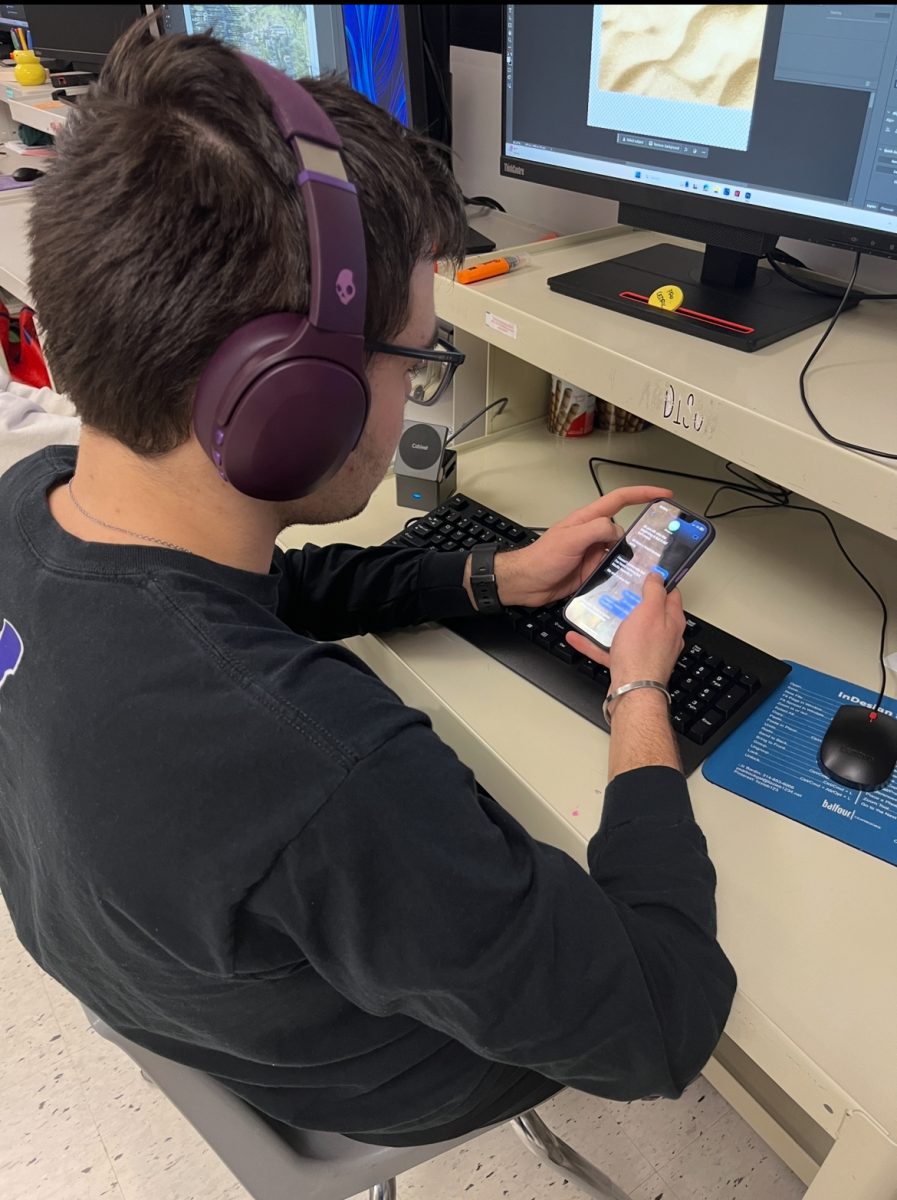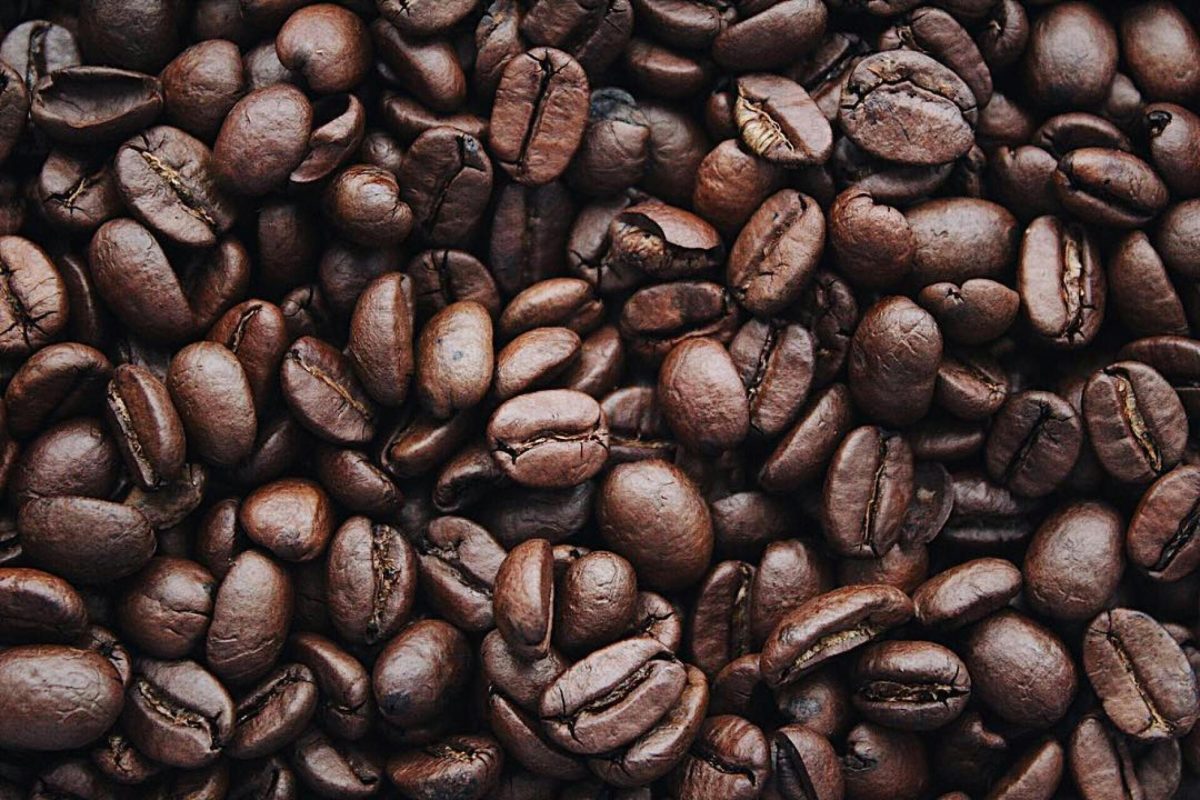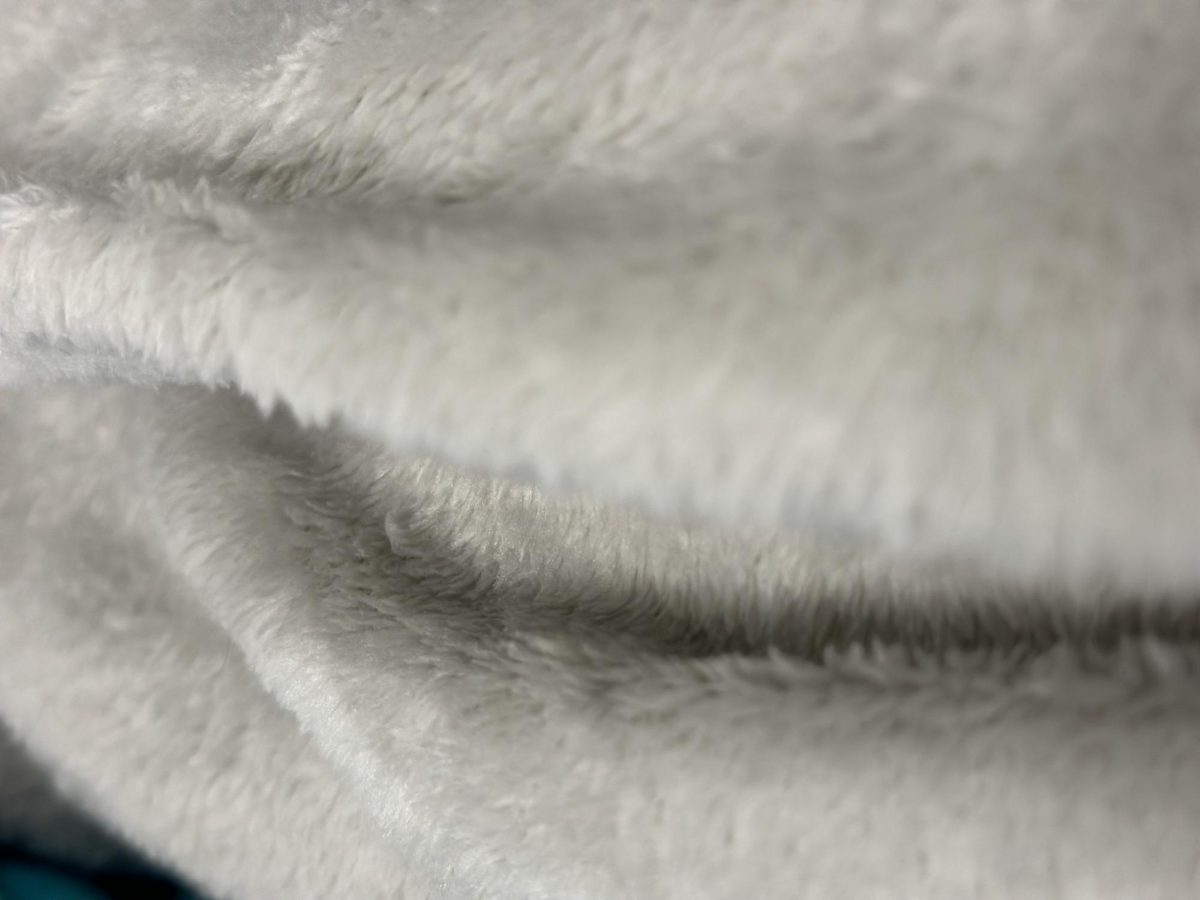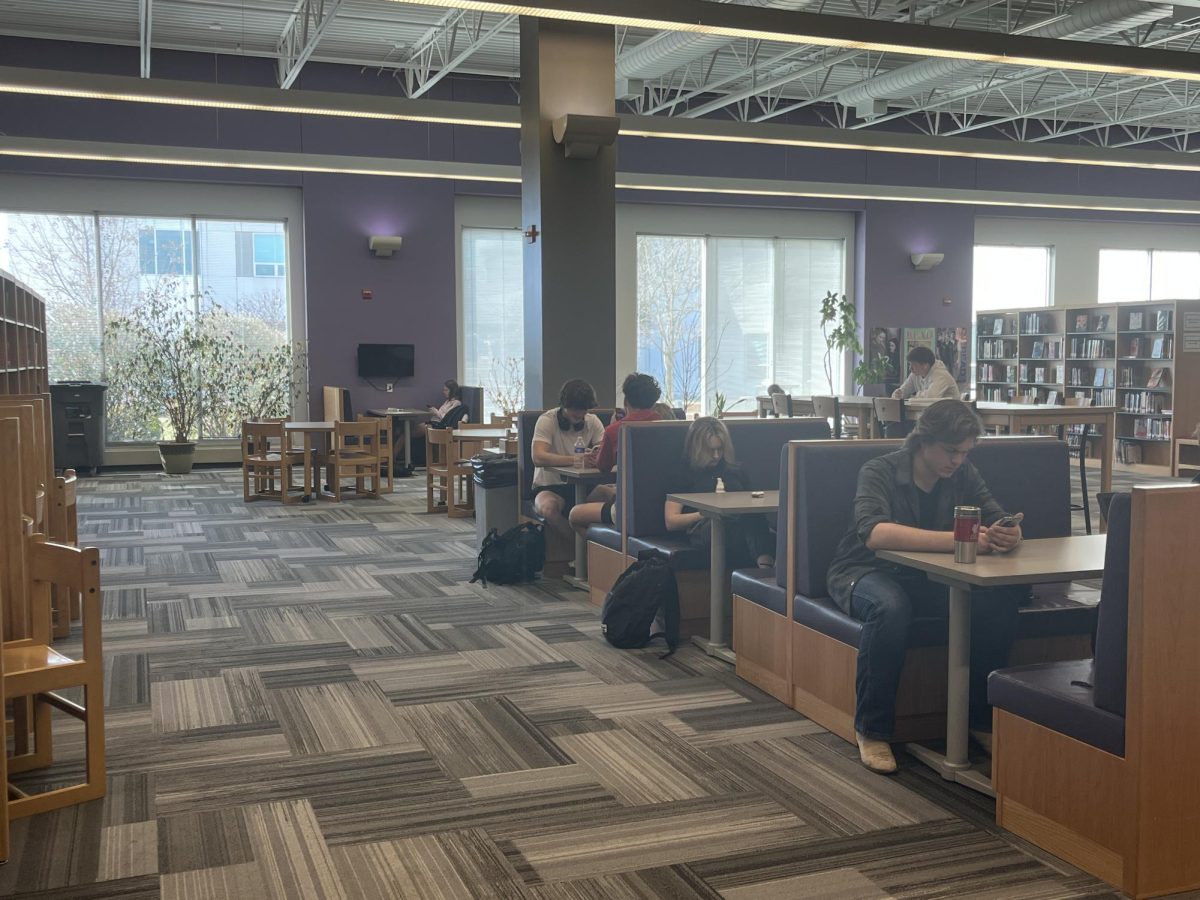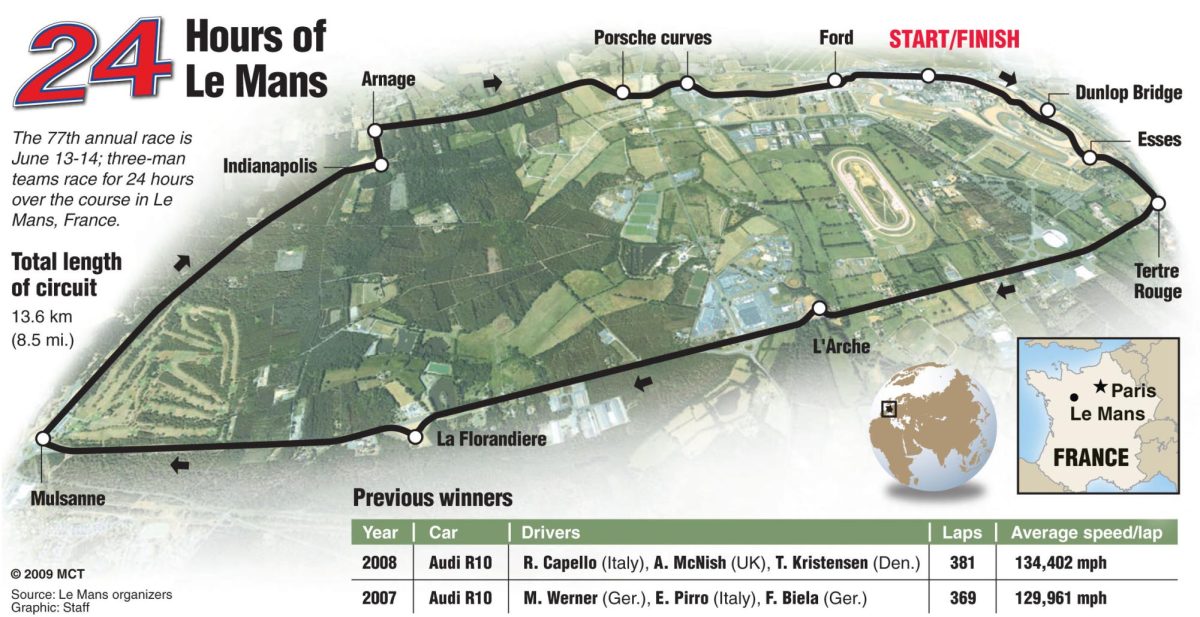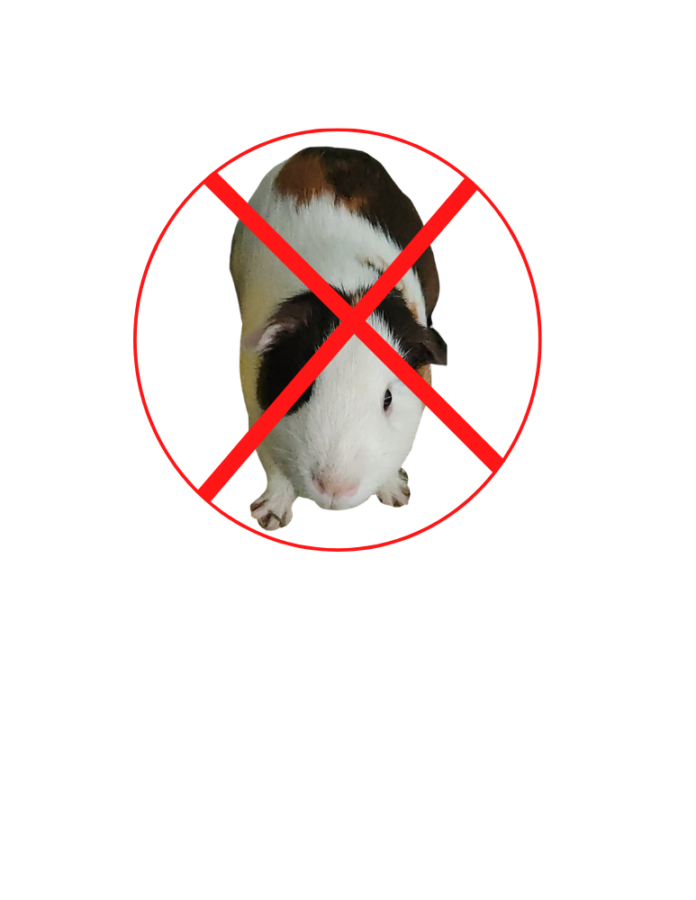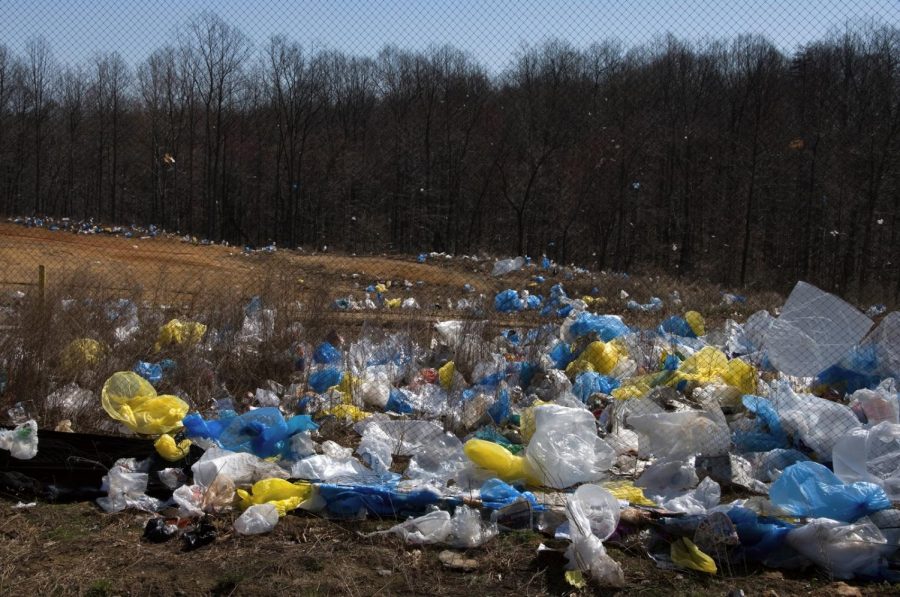A New Approach to Plastic
The build up of plastic has become a concern for the environment, but an alternative may have been found.
Plastic can build up in oceans and on land which can harm the wildlife.
s the plastic epidemic gains more awareness, there have been many attempts to lessen the damaging effects it has on Earth. One of the new innovations made to reduce the plastic footprint is a biodegradable plastic made from seaweed, according to thespoon.tech.
What it is
Inspired by peelable fruits like oranges and bananas, seaweed’s biggest potential is in disposable packaging. By using it as a biodegradable container for food, it will be able to start breaking down quickly after the food expires. It can fully break down in just four to six weeks, unlike plastic, which can take almost 500 years to decompose, according to thespoon.tech. Seaweed could be the solution to more sustainable and environmentally friendly plastic packaging.
Why it is important
In America, only eight percent of used plastic gets recycled, according to plasticpollutioncoalition.com. The other 28 million tons left unrecycled either get thrown in landfills or become litter that harms wildlife. Seaweed is a more environmentally friendly option because it is both biodegradable and incredibly easy to access and harvest. 0.03 percent of all the brown seaweed in the world could replace all the plastic bottles used every year, according to thespoon.tech. By switching to the seaweed alternative, a huge portion of plastic litter could be reduced and many animals could be saved from its dangerous effects.
“Since the population will be increasing, so will the demand for plastic,” eco club sponsor Angela Pecoraro said. “Plastic is made from petroleum, which involves more drilling into the environment interrupting the natural landscape, native animals, and increasing the possibility for oil spills. So why not use what nature already give us?”
What to expect of it in the future
For the past eight years, there have been multiple startup companies trying to use seaweed in more sustainable ways. A company called Loliware has already started producing cups made from agar, a product from seaweed, and many other biodegradable products. As awareness grows, so could the production and use of more eco-friendly replacements for plastic.
“The earth is at a critical point where if we don’t start doing more to stop the impact of plastic, we won’t have much of an ocean and animals [left],” Pecoraro said.





